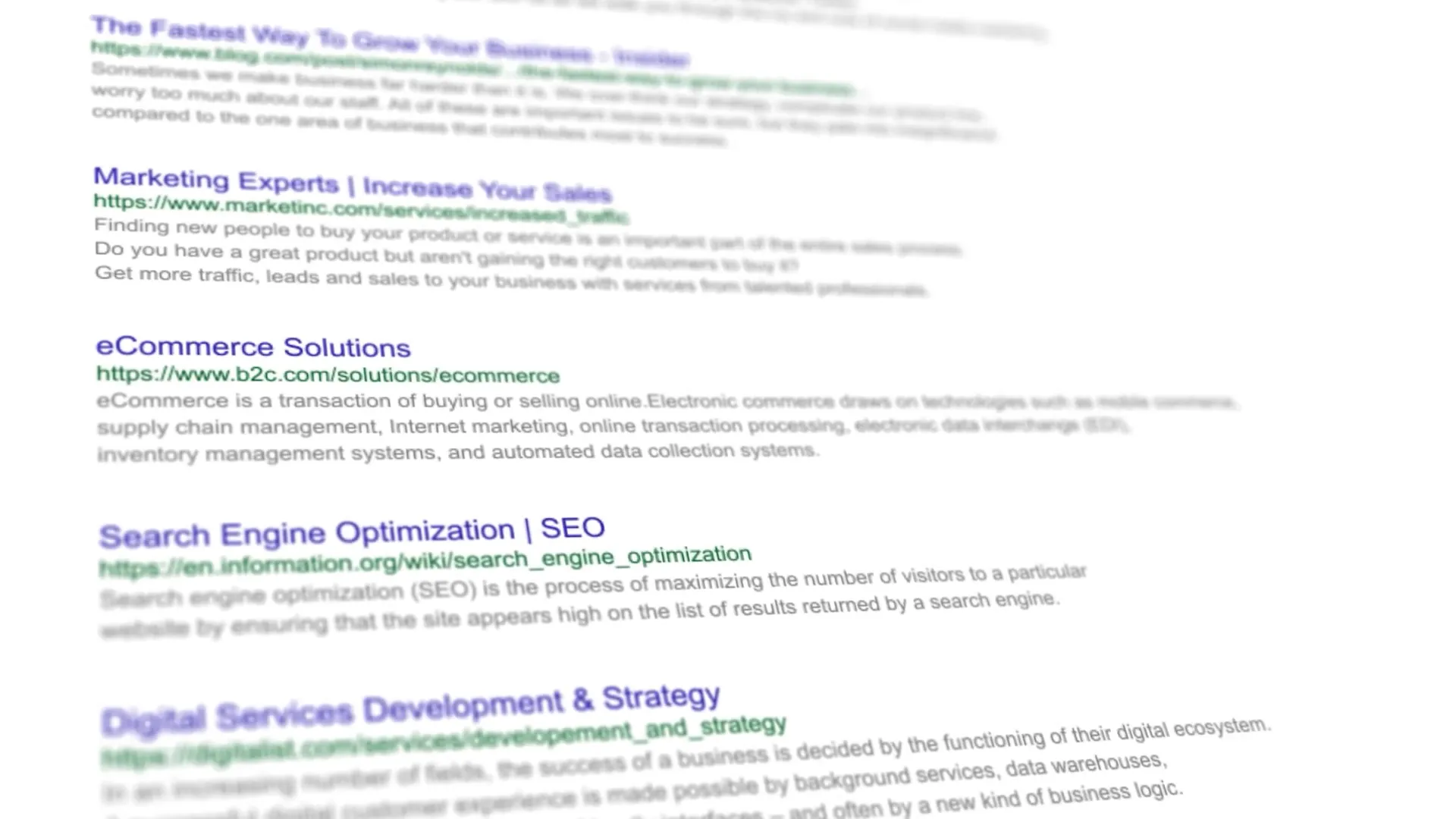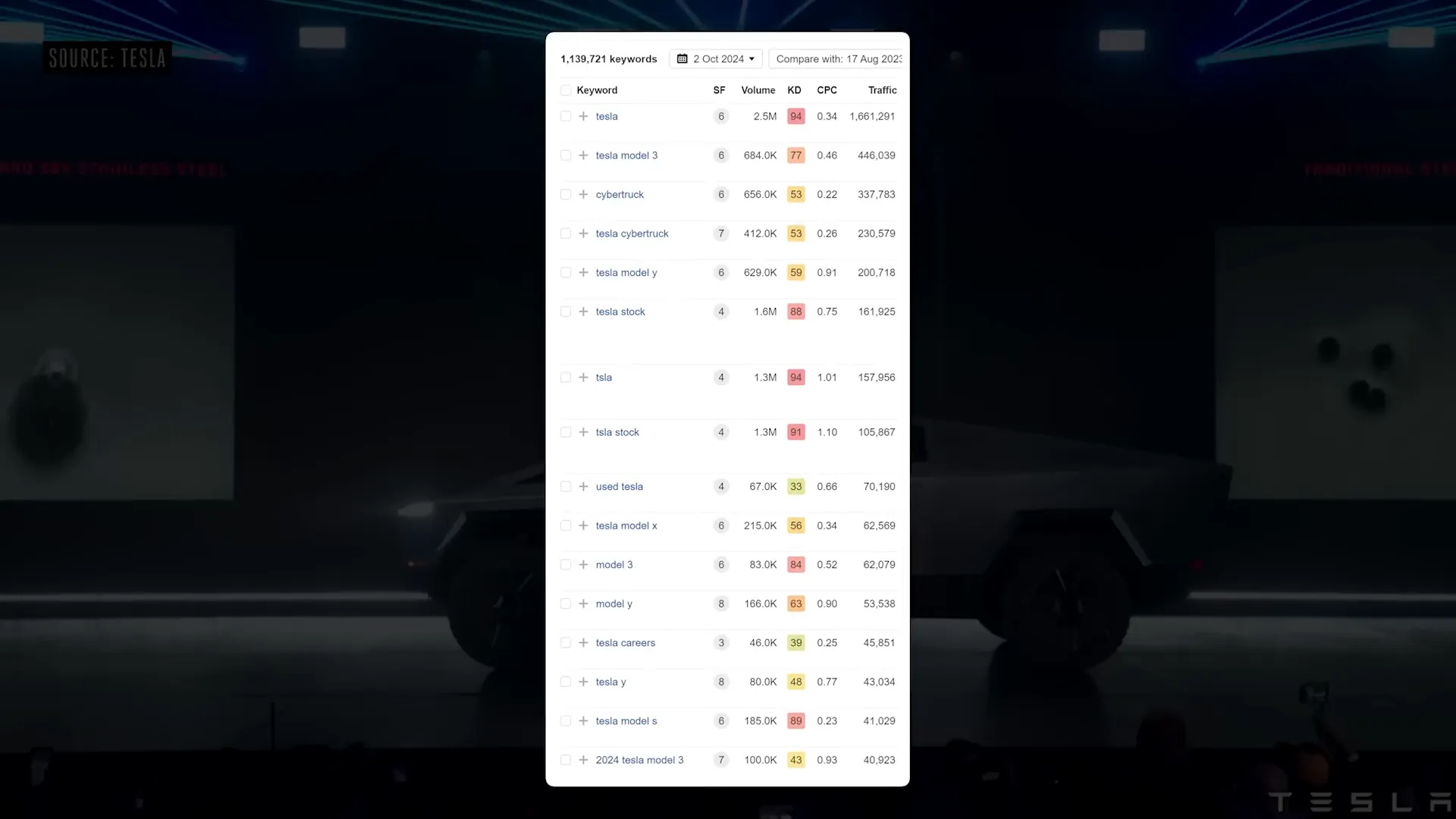SEO is a field filled with myths and misconceptions that can lead to wasted time and resources. Today, we’re diving into some of the most common SEO myths and setting the record straight. Let’s break them down!
Table of Contents
- 1. No One Visits the Second Page of Google
- 2. You Need to Pay Google to Rank High
- 3. More Pages Mean Better Rankings
- 4. Backlinks Don’t Matter
- 5. You Must Be Tech-Savvy to Do SEO
- 6. SEO is Only for Big Companies
- 7. SEO is a One-Time Effort
- FAQs
1. No One Visits the Second Page of Google
This myth has been perpetuated for years, but the reality is more nuanced. While many users may not scroll past the first page, there is still traffic to be gained from the second page for certain queries. In fact, dedicated SEOs often sift through pages beyond the first to find opportunities. So, while the majority may stick to the first page, there are still valuable clicks to be had if you rank on the second page.
2. You Need to Pay Google to Rank High
Another common belief is that you can simply pay Google to achieve high rankings. The truth? Google does not accept payments for organic search results. Successful SEO requires the right knowledge and consistent effort over time. Many have achieved significant traffic without spending a dime on ads. If you’re looking for a successful SEO strategy, focus on creating high-quality content and optimizing your site.
3. More Pages Mean Better Rankings
While it’s true that having more content can give you more opportunities to rank for various keywords, simply increasing the number of pages on your site doesn’t guarantee better rankings. In fact, Google values quality over quantity. A few well-crafted, relevant pages can outperform numerous low-quality ones. Aim for fewer, more valuable pages rather than just churning out content.
4. Backlinks Don’t Matter
Some believe that backlinks are no longer a significant ranking factor. This couldn’t be further from the truth. Backlinks from reputable sites indicate to Google that your content is trustworthy and valuable. Without them, even the best content may struggle to gain visibility. While the quality of backlinks matters more than the quantity, they remain a crucial part of an effective SEO strategy.
5. You Must Be Tech-Savvy to Do SEO
Many believe that only tech-savvy individuals can succeed in SEO, but that’s a misconception. While technical SEO is important, the core of SEO revolves around creating great content that addresses user needs. Many successful site owners achieve results by focusing on content and basic optimization techniques without needing advanced technical skills.
6. SEO is Only for Big Companies
It’s a common myth that only large companies can rank on the first page of Google. In reality, small businesses can compete effectively by focusing on long-tail keywords and producing high-quality, niche content that appeals to specific audiences. A well-researched and targeted approach can help smaller businesses gain traction in competitive markets.
7. SEO is a One-Time Effort
Lastly, many think that SEO is a one-and-done task. This is misleading. SEO is an ongoing process that requires regular updates and adjustments. Search algorithms evolve, and so should your strategies. Monitoring performance, updating content, and adapting to changes in search behavior are crucial for long-term success.
FAQs
What are some effective SEO strategies for small businesses?
Focus on long-tail keywords, create high-quality content, and engage in local SEO. For detailed insights, check out our SEO for Contractors guide.
How important are backlinks in SEO?
Backlinks are incredibly important as they serve as a vote of confidence from other websites. Learn more about our effective backlink strategies in our case studies.
Can I do SEO without technical knowledge?
Yes! While some technical aspects are important, focusing on content quality and user experience can yield positive results. For more tips, explore our About Us page for insights.
Is it too late to start SEO for my site?
No, it’s never too late! SEO can be beneficial for any website, regardless of when you start. Just remember to stay consistent and focused on quality.
If you want to dive deeper into SEO strategies, consider checking out Digital Reach for expert insights and guidance.




